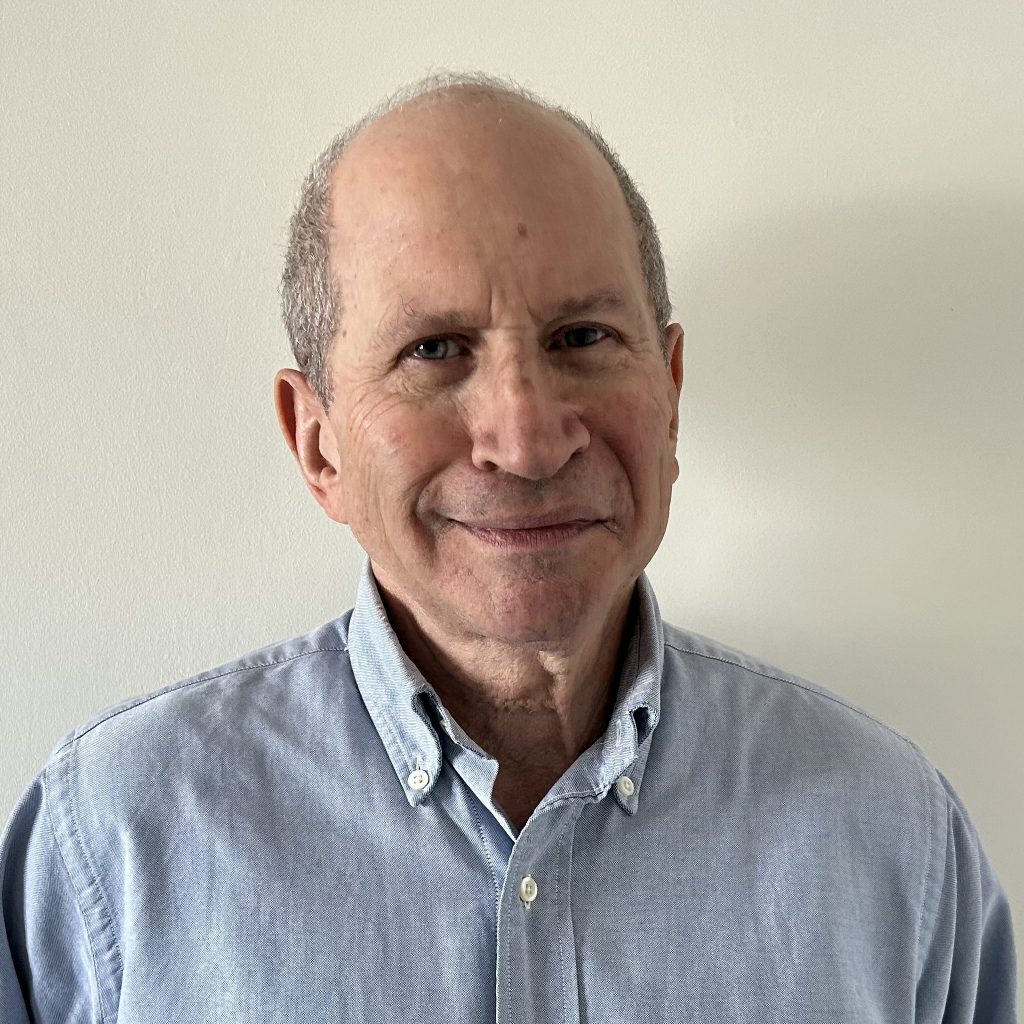 By Claudie Benjamin
By Claudie Benjamin
Little known or expected, the fine pastries served in First Class on Pan Am, TWA, Air France, KLM, and others in the 1960s and 70s were made by the Eclair Bakery at 141 West 72nd Street. The Éclair prided itself on elegant, refined pastries that were elevated from what most people would consider home-style baking. Eclair‘s opera cake, for example, is a marvelous confection composed of layers of sponge cake, hazelnut buttercream, and fondant created for the launch of the Metropolitan Opera, which was later copied by many other bakeries. The petit fours were reminiscent of tea time in Vienna in the 1920s and 30s, Parisian salons, and garden parties along the Riviera.
The inspired confections drew the intelligentsia of the Upper West Side, many of whom were European Jewish WWII refugees who sought respite from the displacement and trauma of war in a welcoming environment that evoked their prewar “gemütlich” comforts. The guest book maintained at the bakery was signed, often with little additions like the musical notes composer Aaron Copland sketched alongside his name.
The bakery was also favored by Upper West Siders, who were not necessarily recapturing the past but still appreciated the artless, cosmopolitan environment where snippets of conversations in French, German, and Czech might be heard. On the wall opposite the bakery counter, under protective shellac, were clippings from Le Monde and other European publications that recalled the newspapers on long wooden holders that cafe patrons would hold to glean the daily news in European cafes. The menu for meals at the back of the store featured German and Viennese cuisine.
Those who signed the guest book included the Gabor Sisters, Eddie Cantor, I. B. Singer, Jerome Robbins, Barbra Streisand, and Lise Meitner, a historical figure in the development of atomic energy.
The refugee experience was at the core of the Eclair, according to Robert Stern, son of Rudolf Stern, who managed The Éclair and built the business over 40 years. Stern said that The Éclair was established in 1939 in a space that had been occupied by an earlier cafe. Its owner was originally Czech and had worked in Vienna. Rudolf, too, was born in Czechoslovakia and moved to Vienna, where he then established two department stores. His businesses were taken over by the Nazis. Forced to flee, he made his way to New York.
Recalling how his father became involved with The Éclair, his son believes that, riding the subway one day, Rudolf met Alexander Selinger, the owner of the newly opened bakery. Their conversation led to an offer that Rudolf accepted to manage the shop. The two men worked side by side at desks on the second floor in the same building as the bakery/restaurant. Downstairs, the restaurant was a place where people socialized, discussed and followed up on job opportunities, and helped each other find housing.
Rudolf first met Robert’s mother, Selma, when she was hired for a job behind the counter. Sometime later, they married. She worked at the bakery until Robert was born and then was a full-time homemaker.
Robert said his father was very entrepreneurial. He developed the business that, over time, included two stores on the East Side, one in Macy’s and another in Grand Central. Under his leadership came contracts with the airlines, restaurants, and Westchester country clubs.
Robert spent a good amount of time at the bakery growing up, but one especially notable memory is documented in a Time magazine photo in which Robert, then 10 years old, along with his parents, appears next to President Lyndon Johnson. Robert explained that an enormous cake baked by The Éclair was commissioned by the local baker’s union and presented to the president on his 56th Birthday, presided over by Hubert Humphrey. Danny Thomas was the emcee of the event held in Atlantic City during the 1964 Democratic National Convention. The cake represented a map of the United States. It was so big that several vans were needed to transport the sections to be put together in the hotel ballroom.
Robert said that his father was proud of growing The Éclair enterprise into what it became, but he was always frustrated that he had never been made a co-owner of the business that closed in the 1990s.
Asked if he had ever considered going into the business, Robert said it was not what he was seeking as a young man. His professional goals led him to pursue documentary-making and later telecommunications marketing and sales in the corporate world and consulting on projects for clients, including the MTA. He and his wife raised their family on the East Side, but for more than a decade now, they have lived in the same Riverside Drive building where his parents found an apartment in the 1950s through networking at the bakery.
Robert is deeply involved as an activist in community planning in Morningside Heights, particularly focused on advocacy for rezoning to increase affordable housing and on projects involving a partnership with Columbia to install elevators at the 125th Street subway station to facilitate access for people with disabilities, parents with young children and the growing numbers of seniors in the area.
